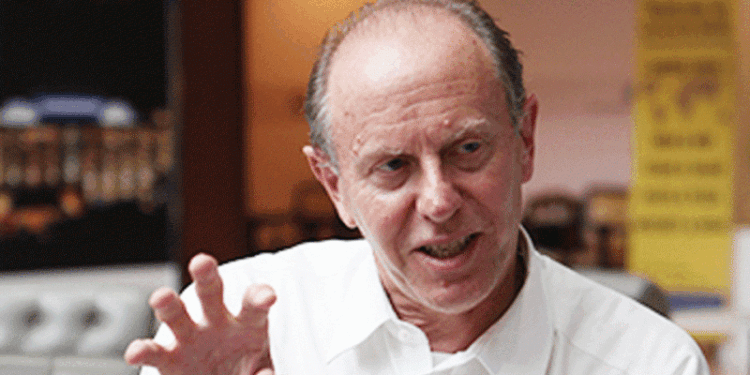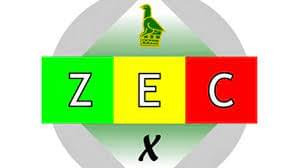For many years, Bulawayo residents have had to endure a plethora of problems from water shortages, damaged roads, unfinished projects and general decadence of social services often blamed on the political leadership at City Hall.
Several councillors have been elected to lead the development agenda and the scorecard has returned with the marks recording total failure after each of the city fathers.
Politics has also played a prominent role in the deteriorating living conditions in the city with many blaming central government for the city’s woes and many fear that the problems will intensify after voters rejected Zanu PF in the recent elections.
Voters have sided with opposition parties placing their faith in Zapu before it merged with Zanu PF during the 1987 Unity Accord to end the Gukurahundi massacres.
Bulawayo residents also maintained their faith in the once formidable Movement for Democratic Change (MDC) and when its influence declined under the leadership of Douglas Mwonzora they turned their allegiance to the Citizens Coalition for Change (CCC).
When Mwonzora recalled councillors for siding with Nelson Chamisa who later formed the CCC in January last year, Bulawayo residents switched to the new party and voted overwhelmingly for the recalled city fathers.
Sticking to the same template, when the August 23 elections came, Bulawayo residents overwhelmingly chose CCC candidates to keep their hopes for transformation alive.
Chamisa, shortly before the polls, introduced Coltart as the incoming mayor and the former Primary and Secondary Education minister won in ward 4.
He was subsequently elected unopposed last week while ward 9 councillor Donaldson Mabutho was voted to be the city’s deputy mayor.
Coltart and Mabutho have their work cut out as Bulawayo residents are looking up to them to pull the city out of the woods.
Bulawayo residents that spoke to source on Sunday challenged the new council to improve service delivery, and complete unfinished projects left by the previous councils in order to restore the city to its former glory.
They are tired of the urban decay, poor service delivery and water challenges among other ills that continue to bedevil the city.
Musawenkosi Sibanda from Cowdray Park said council should change the way things are done in the city.
“If we look at the Tendy Three Investment parking solutions, when they were introduced, we thought we were going to create order in the city, little did we know that they would be milking us dry. We are not happy as the residents,” Sibanda said.
“The Egodini project should be done by now, as we are informed by the media that it is 70% done, but on the actual ground, nothing even close to that has happened.”
He said Cowdray Park was dirty, increasing the chance of outbreaks of waterborne diseases when rains came as residents have introduced their own dumping sites, which are very much accessible to children.
“That will cause uncontrollable health hazards and we are not happy about that, we request immediate changes to be made,” Sibanda said.
Another resident, Shadreck Khanye from Pumula East, said he hopes the new council will strive to do things differently, be innovative in their approach and be people centred, but not partisan.
Khanye also expressed hope the recently elected councilors would prioritise the people’s needs and provide the essential services to the people.
“This can be done by doing a lot of consultations with the residents to ensure that they are clear in terms of what the relevant communities need and come up with budgets that are realistic,” he said.
“We do not want a situation where projects are embarked upon and we hear that half way or quarter way down the line the project is now at a standstill
“Therefore, they need to be very thorough in terms of their planning and budgeting so that all the projects that are being undertaken can be put to completion.”
He identified one critical issue as trying and applying a multi-sectoral and multi-stakeholder approach that will enable civic society, faith-based organisations, political players and everyone to put their hands on deck so that they can address the societal problems.
Tshabalala resident Bokani Ndlovu shared similar sentiments regarding the issue of unfinished projects in the city.
“With the Egodini project, we don’t know what is happening, except congestion in the central business district, accidents are on the rise in the CBD because of this congestion especially during the peak hour,” Ndlovu said.
“There are some routes such as the Kalbro, the TM Hyper and the formerly known Edgars dropping points, which as private car drivers we avoid because of congestion caused by public transporter.
“The city council should do something, because the project is a disappointment.”
Famona resident Mzingaye Ncube, however, decried the parking fees demanded by TTI company, which he described as exorbitant, considering how much the company makes from parking fees.
“We expect this issue to be reviewed because parking an hour for $1 is a bit ridiculous, we once calculated how much they make from this exercise, and millions are being taken from us at the end of the day.
“We expect clarity and transparency on where the funds are going to because we are expecting that the roads be fixed, but nothing of that sort is happening,” Ncube said.
Mahatshula resident Munashe Mubaiwa said residents expected the local authority to provide safe and accessible parking spaces with reasonable fees and clear signage.
“We also want the council to enforce parking regulations fairly and consistently,” Mubaiwa said.
The Bulawayo Progressive Residents Association recently said it was looking forward to the stewardship of innovative and critically thinking leaders who will look into solving these hurdles through short-and long-term smart solutions.
Coltart has also vowed to bring the glory days to Bulawayo, Zimbabwe’s second largest city, while dealing with the rot that is dogging the country’s industrial hub.
Source Southern Eye










